
The need for hot water in Australian homes has changed a lot over the last decade. Showers are longer. Appliances […]
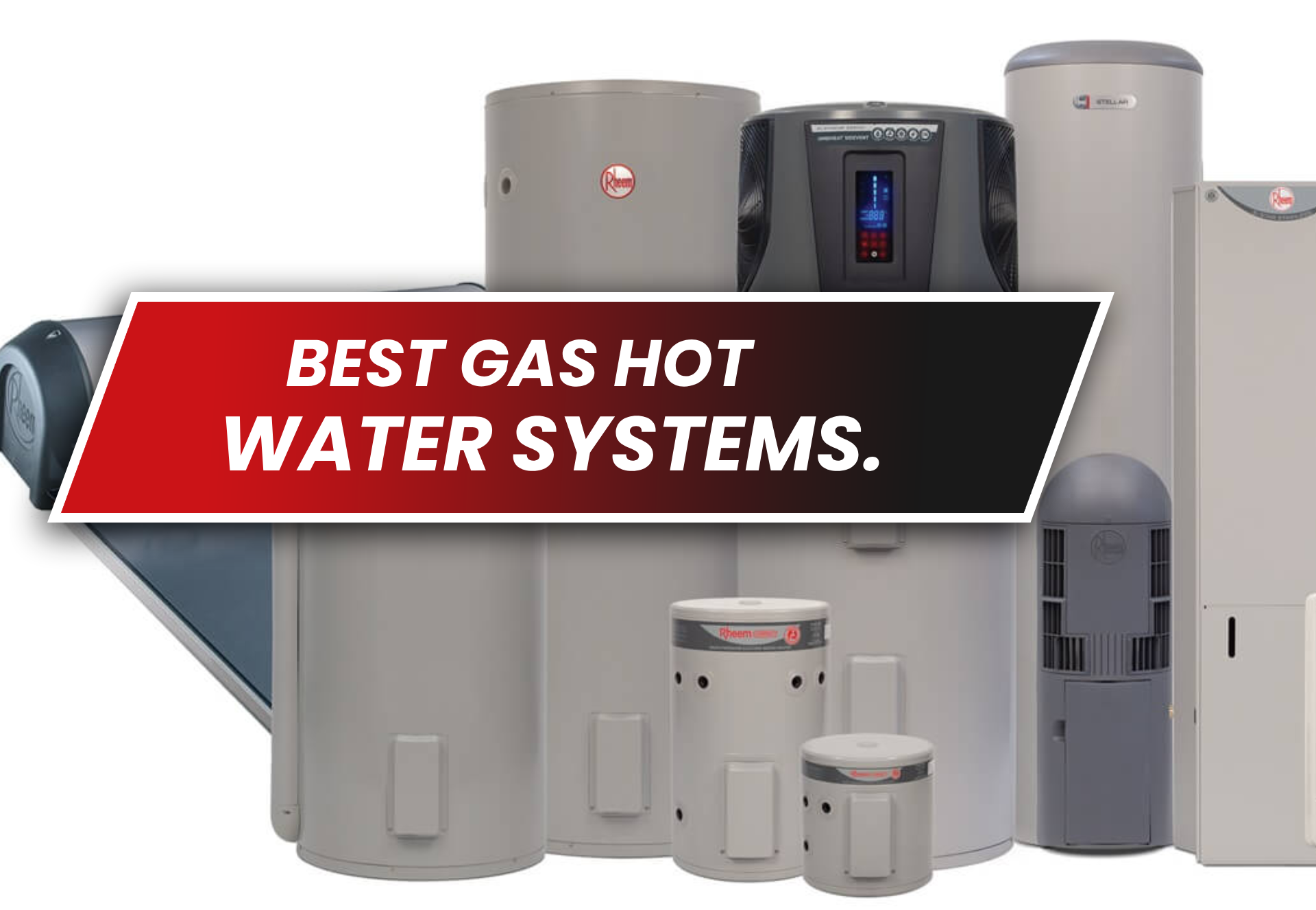
In Australia, gas hot water systems are among the most common hot water systems used in many households. They supply hot water consistently and are more energy efficient than most other alternatives like electric instantaneous heaters.
In this guide, we will outline the leading gas hot water systems for Australian households and discuss how each system operates before deciding the most suitable option.
A gas hot water system is a water heater that utilizes natural gas or LPG to heat water. Such systems are a favourite in homes and businesses since they heat water adequately and in the shortest time possible.
It is capable of heating water directly (the constant flow type) and/or heating water and storing it in a tank.
There are two main types of gas hot water systems:
Storage Systems: These systems heat water and allow it to be stored in a tank to be used when the quantity in use is low.
Continuous Flow Systems (also called on-demand systems): They heat water only when you turn the water on, and you have an endless supply of hot water without a storage tank.
Gas hot water systems have a special feature: They can work even when the power goes out. This is because they often don’t need electricity to start. This feature makes them very useful in places where power cuts are common.
Gas hot water systems also have safety features like temperature controls and flame sensors. Overall, gas hot water systems are a good choice for Australian homes. They are efficient, last a long time, and are good for the environment.
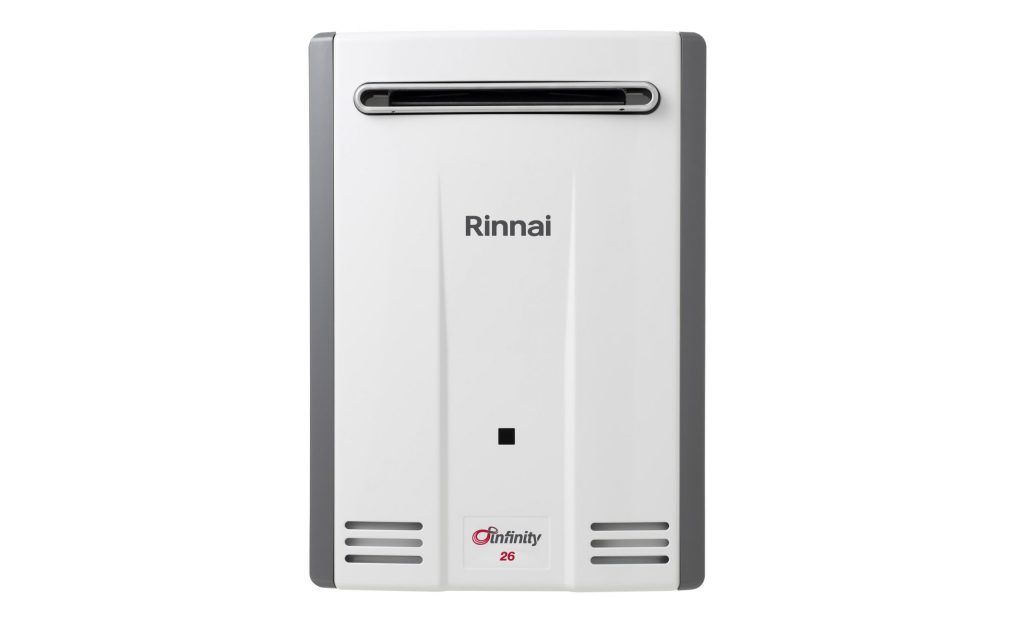
The Rinnai Infinity 26 is one of Australia’s most efficient continuous flow systems, delivering hot water on demand. It’s equipped with precise temperature control, compact dimensions, and a 6-star energy rating, making it an excellent choice for larger families or homes with multiple bathrooms.
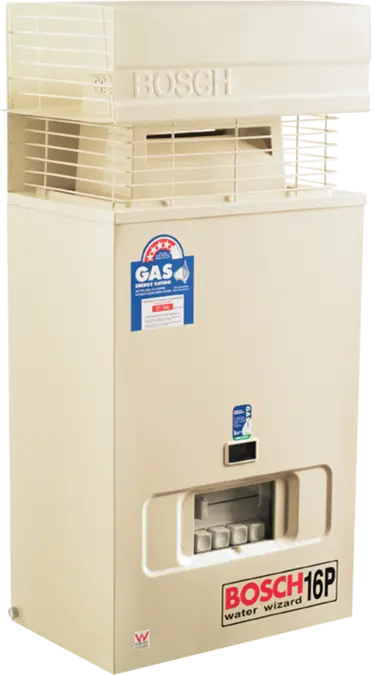
Bosch’s 26e combines reliability with energy efficiency. It offers a sleek and compact design, with features like electronic ignition and consistent water temperature control, perfect for Australian households.
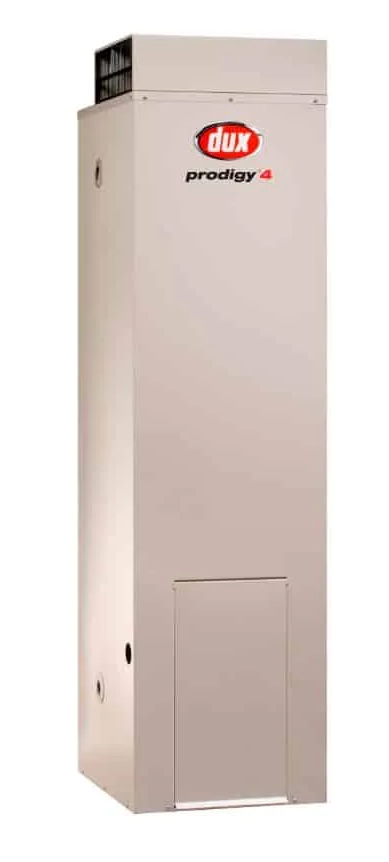
Designed for durability and cost-efficiency, the Dux Prodigy 5 is a reliable storage water heater that ensures consistent performance while catering to medium-sized families.
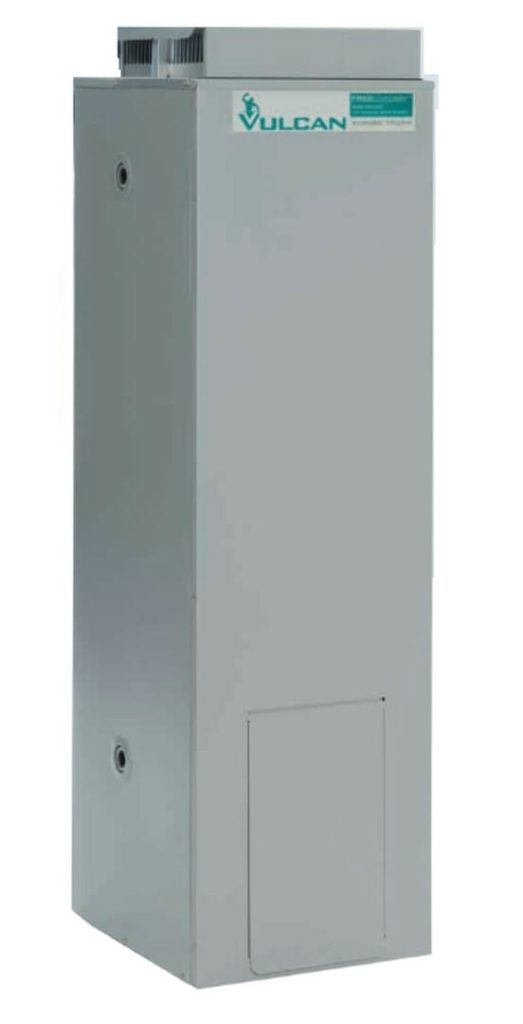
Vulcan Freeloader 135L is dependable for those seeking an affordable solution without compromising quality. Its robust construction ensures long-term performance.
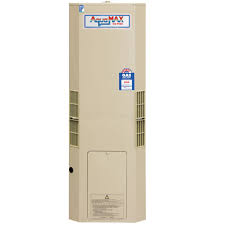
This large-capacity system boasts a stainless steel tank, reducing maintenance needs while offering an extended warranty. Perfect for big households with significant hot water requirements.
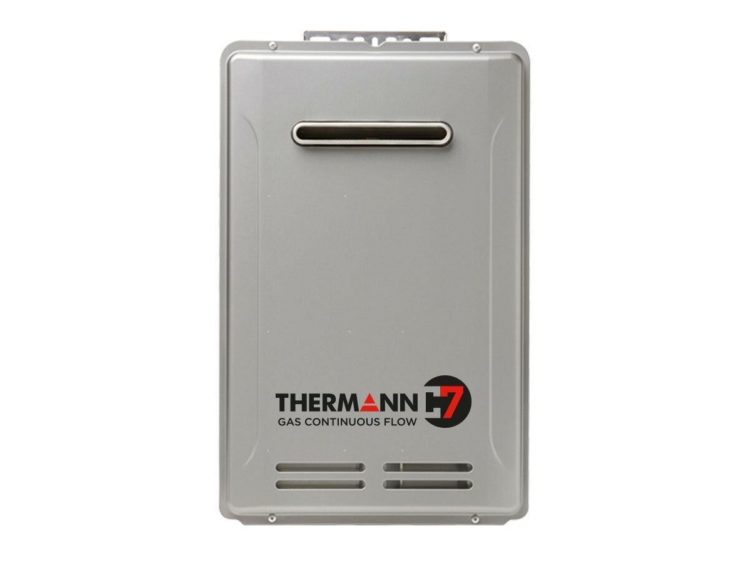
The Thermann C7 stands out for its high efficiency and low running costs, offering a balance of affordability and environmental friendliness.
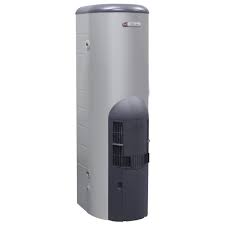
With its rapid recovery rate, the Rheem Stellar 330 ensures consistent hot water availability, even during peak usage periods, making it ideal for active families.
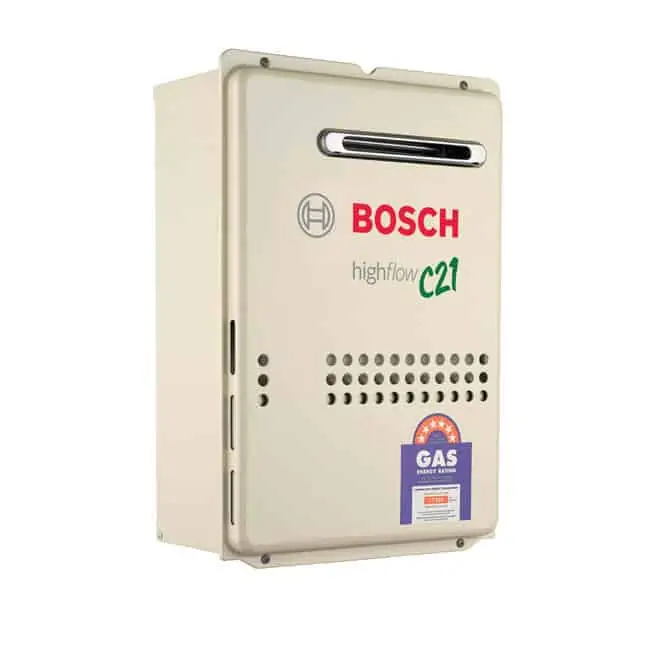
Designed for smaller households, the Bosch Highflow 21L is compact yet powerful, delivering reliable hot water with consistent temperature control.
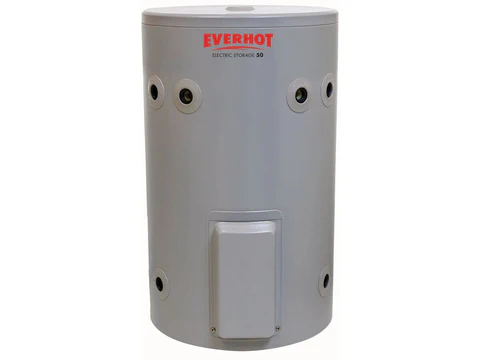
The Everhot 170L offers an economical solution for families, ensuring consistent water heating without breaking the bank.
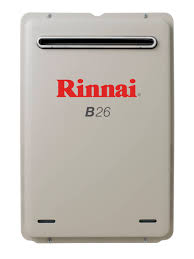
The Rinnai B26 is a robust and efficient hot water system designed to handle the demands of large families with ease while offering installation flexibility.
These systems cover various household needs and budgets, ensuring you can find the perfect hot water system for your home.
Gas hot water systems are ideal for:
Gas systems continue to function without electrical supplies. Gas hot water systems are suitable for any home and many circumstances. Here’s a closer look at who benefits most from these systems:
Again, many people in our families require hot water, particularly in the morning and evening. Continuous flow gas systems mean a constant hot water supply, and people won’t be forced to shower with cold water.
If your household requires hot water regularly for things such as washing, bathing, cleaning utensils, or washing clothes, then a gas hot water system will do the trick. These water heating systems warm water faster and sustain a continuing temperature ideal for much use.
Gas hot water systems are ideal for homes with natural gas or LPG connections. With a pre-existing gas connection, expensive requirements for heating sources such as electricity or solar are not necessary.
Using gas hot water systems instead of traditional electric water heaters is more efficient. They use less energy, which means customers pay less on their bills, and the impact they have on the environment is minimal. This makes them popular with people with a green conscience because they are environmentally friendly.
This is because, in Australia’s winter season, the installation of solar water heaters may not be effective since light is low. Gas systems are not influenced by weather, and a user is assured of hot water at times.
Gas hot water systems are best used in relatively small houses or apartments. Such systems take up little space and are installed on walls, which is more advantageous in terms of space than storage tanks.
Heated by gas is quite popular among landlords, mainly due to its durability and a lack of need for frequent service. Tenants also rate the efficiency of using gas for heating very high.
Traders in small businesses, restaurants, and other commercial places that need continuous hot water suppliers should go for the gas hot water systems.
If your old water heater has developed a leaking problem and you need a new one out quickly, gas hot water systems are good to go. It is easy to obtain and, in most cases, takes a relatively short time to replace.
Most systems have a specific expected life span, which is between 10 and 15 years with appropriate care.
Yes, but it may require additional installation, like connecting to gas lines.
Yes, modern systems are safe and include safety features like temperature controls and overheat protection.
Yes, most do, especially those with pilot lights instead of electronic ignition.
It’s recommended to be serviced every 2-3 years to ensure efficiency and safety.
Natural gas is piped directly to homes, while LPG comes in refillable bottles.
Installation costs vary but are generally affordable, especially for continuous flow systems.
No, you need a licensed plumber or gas fitter.
It depends on your household size and water usage. Small households need 16-20L/min, while larger ones may need 26L/min or more.
Regular servicing, checking for leaks, and flushing storage tanks to remove sediment.
Gas hot water systems are effective, efficient, and energy-wise and ideal for Australian home use. There are all sizes of continuous flow systems for a small showering need and reserve tanks for larger families with all sorts of showers. Follow this guide and have a great time making a good decision to ensure you have hot water all year round.